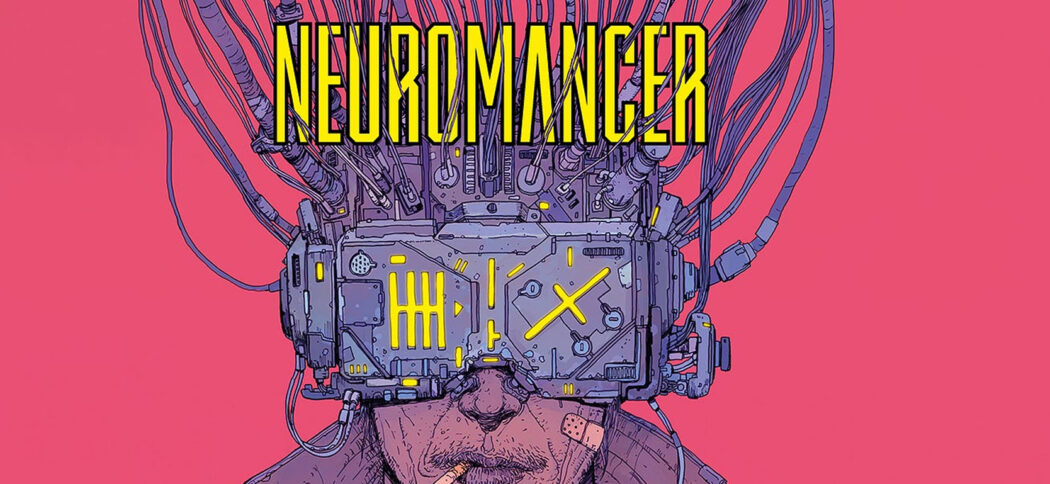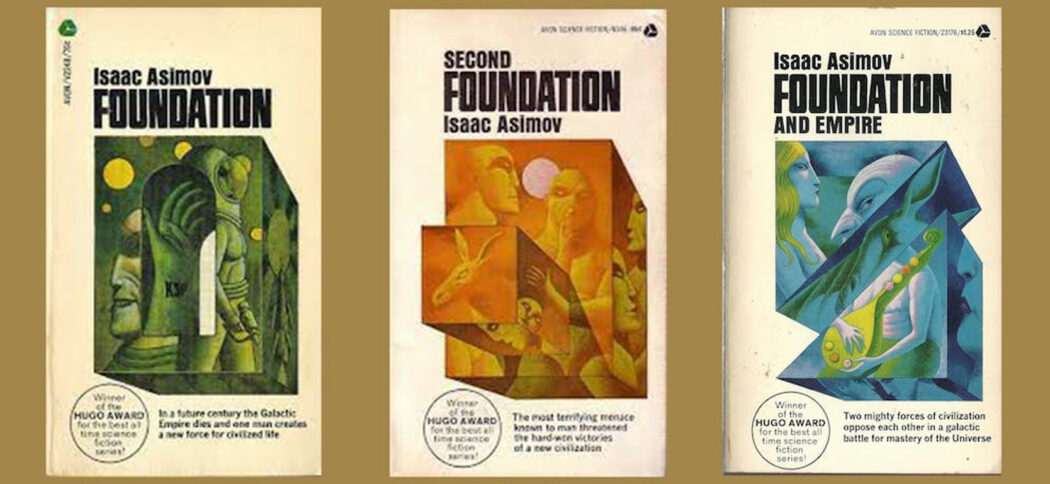Science fiction, often abbreviated as “sci-fi,” is a literary genre that explores imaginative and speculative concepts that are often based on scientific principles, discoveries, and technologies. Sci-fi books typically transport readers to settings, worlds, or futures that differ from our own, and they often introduce elements such as advanced technology, space exploration, time travel, extraterrestrial life, and other futuristic or speculative ideas.
Determining the "best" science fiction book is subjective and can vary depending on individual preferences and criteria.
Science fiction books have a rich history and continue to be a popular and influential genre in literature. They offer readers the opportunity to explore the potential futures and challenges that science and technology may bring while also addressing universal themes of humanity, society, and the human condition.
Sci-fi books introduce ideas and concepts that are not yet a reality but could potentially be realized in the future. These concepts often challenge the boundaries of our current scientific understanding.Science fiction authors create detailed and immersive worlds, whether they are set in distant galaxies, post-apocalyptic landscapes, or advanced technological societies. Science and technology play a central role in sci-fi narratives. These themes can include robotics, artificial intelligence, genetic engineering, space travel, and more. Here are a few science fiction books that are often considered among the best:
1. "Dune" by Frank Herbert
“Dune” is not just a book; it’s a sprawling epic, a timeless classic, and a foundational work of science fiction. Written by Frank Herbert and first published in 1965, this monumental novel has captivated generations of readers with its richly imagined universe, complex characters, and thought-provoking themes. Let’s embark on a journey to explore the world of “Dune” and discover why it continues to be a masterpiece of the genre. At its core, “Dune” is a story of politics, power, religion, and ecology set in a distant future. The novel unfolds on the desert planet of Arrakis, also known as Dune, a harsh and unforgiving world. Arrakis is the only known source of melange, or “spice,” a substance with immense value due to its mind-altering and life-extending properties. The control of Arrakis and its spice becomes the central focus of the story. The novel’s protagonist, Paul Atreides, is the heir to the House Atreides, tasked with overseeing the mining of spice on Arrakis. Paul’s journey from a young nobleman to a revered leader and messianic figure is one of the central narrative threads. His evolution, driven by prophecy, politics, and personal growth, makes “Dune” a character-driven epic.

2. "Neuromancer" by William Gibson
“Neuromancer,” penned by William Gibson and published in 1984, is a groundbreaking science fiction novel that not only defined the cyberpunk genre but also presciently anticipated the digital age we live in today. Through its visionary narrative, “Neuromancer” introduced readers to a dystopian future where hackers, artificial intelligence, and a gritty, high-tech underworld collide, forever altering the landscape of science fiction literature.”Neuromancer” is widely credited with giving birth to the cyberpunk genre. It introduced readers to a bleak and technologically advanced world where mega-corporations wielded immense power, hackers navigated the virtual realm of cyberspace, and cyber-enhanced individuals blurred the line between man and machine. The novel’s dark, gritty atmosphere and its exploration of the impact of technology on society set the stage for a new wave of science fiction.

3. "Foundation" by Isaac Asimov
“Foundation” by Isaac Asimov is a seminal work in the science fiction genre, often regarded as one of the greatest achievements in the field. First published as a series of short stories in the 1940s, the novel “Foundation” (1951) and its subsequent sequels have left an indelible mark on science fiction literature. In this exploration, we delve into the intricate narrative and visionary concepts that have made “Foundation” a cornerstone of the genre.
“Foundation” is set in a distant future where a sprawling Galactic Empire, comprising thousands of inhabited planets, faces inevitable decline and collapse. Hari Seldon, a brilliant mathematician, develops a new field of study called “psychohistory,” which combines history, sociology, and statistics to predict the future of large populations. Seldon foresees a dark age of 30,000 years of chaos and ignorance following the fall of the Empire, and he devises a plan to reduce this period to a mere millennium.


